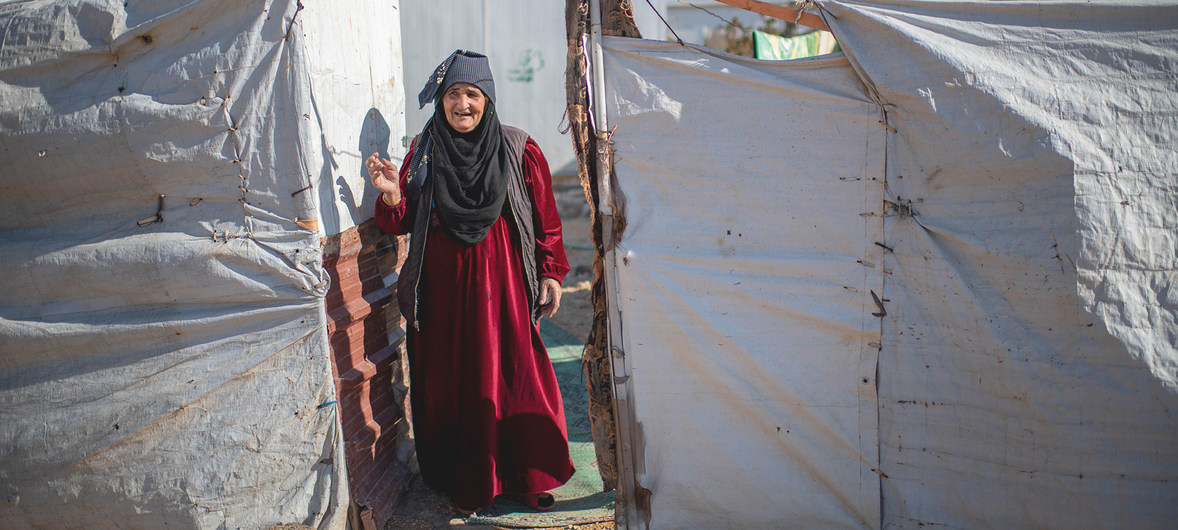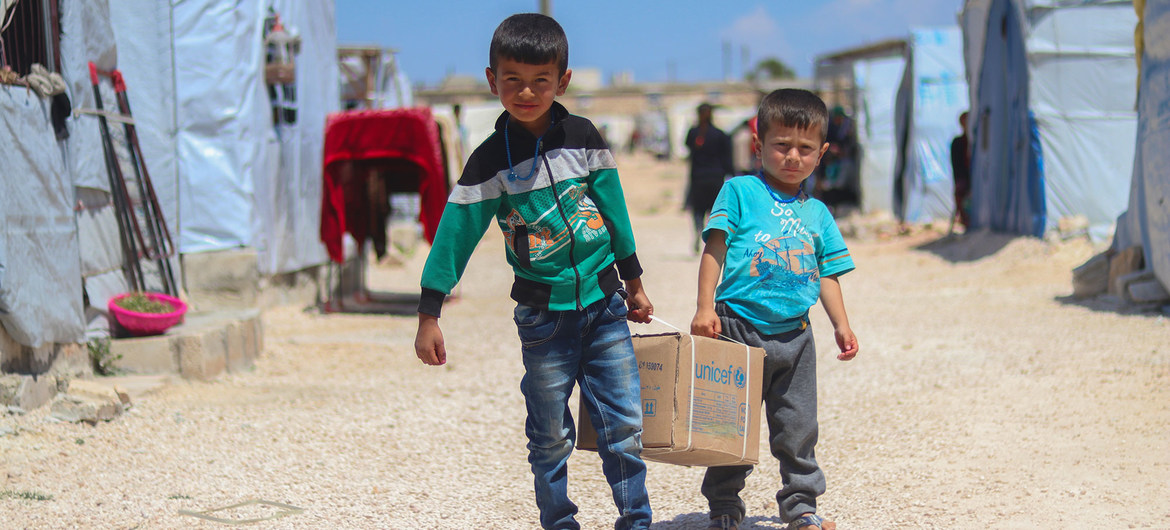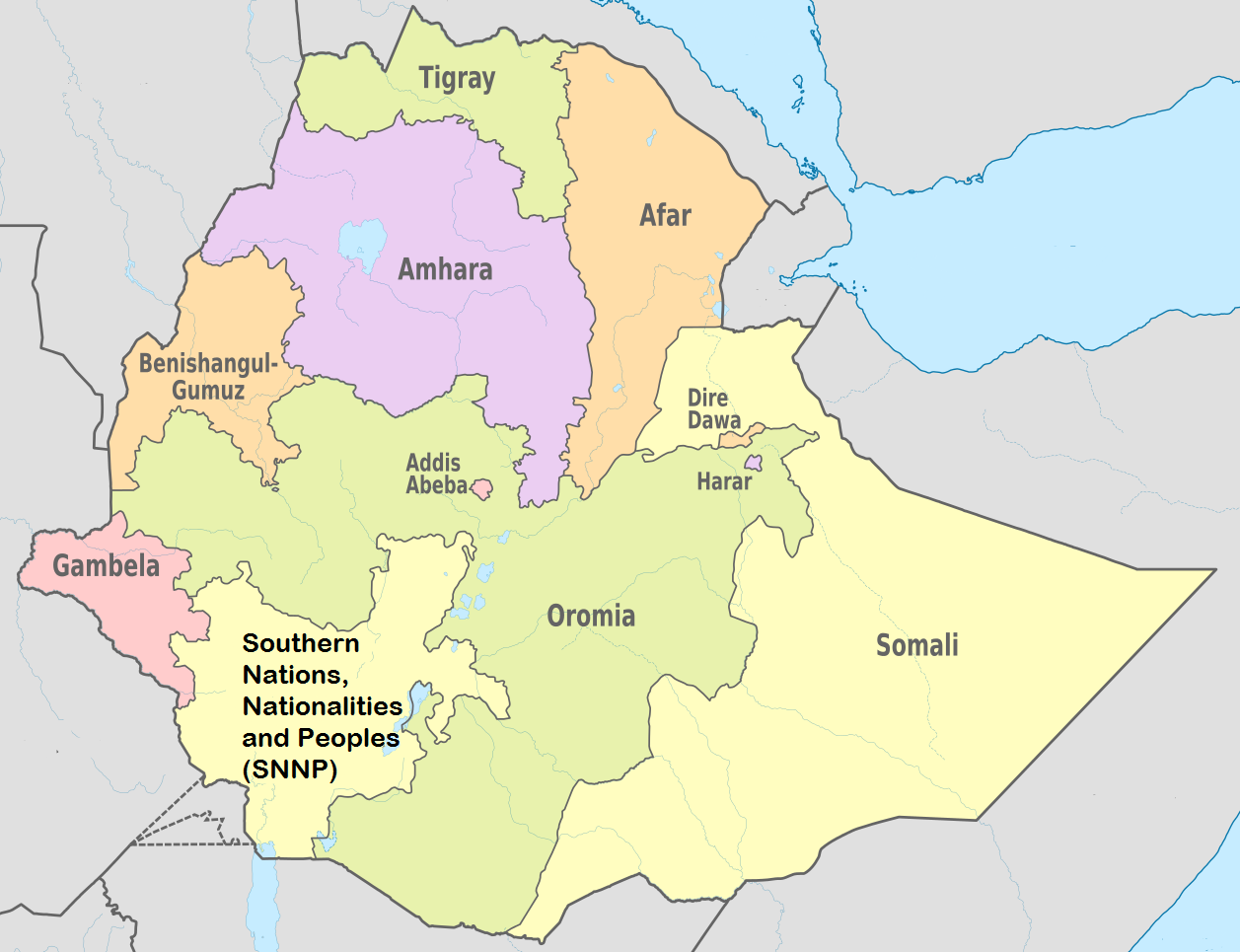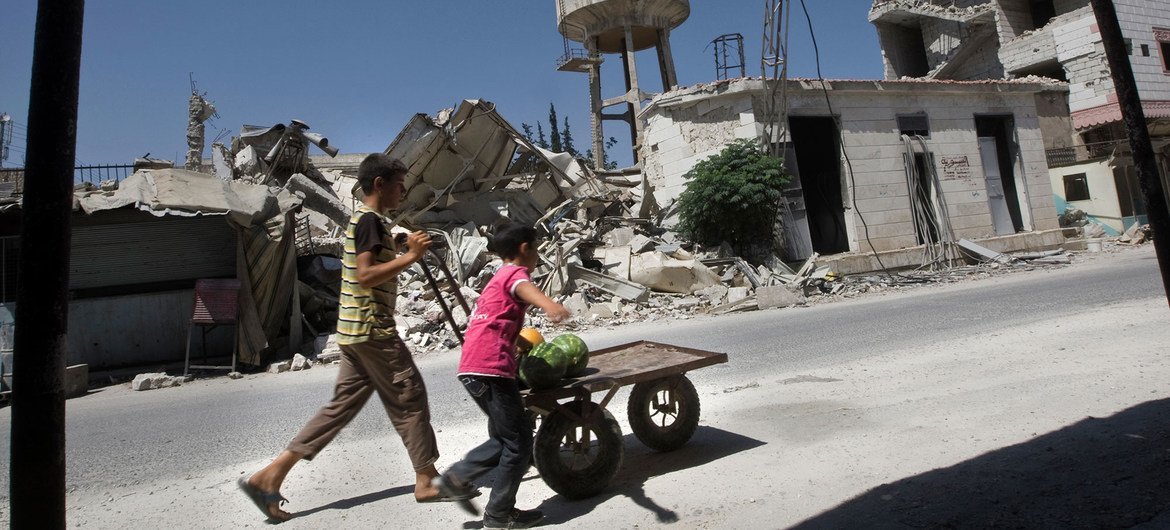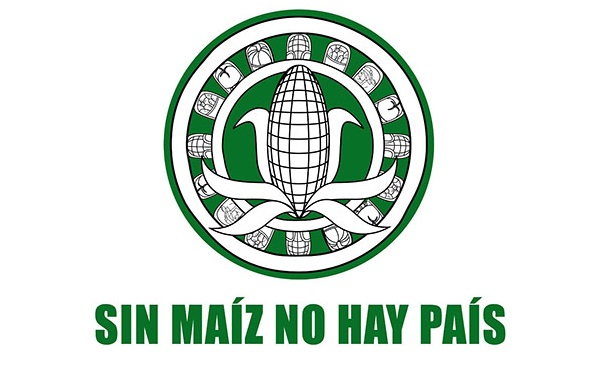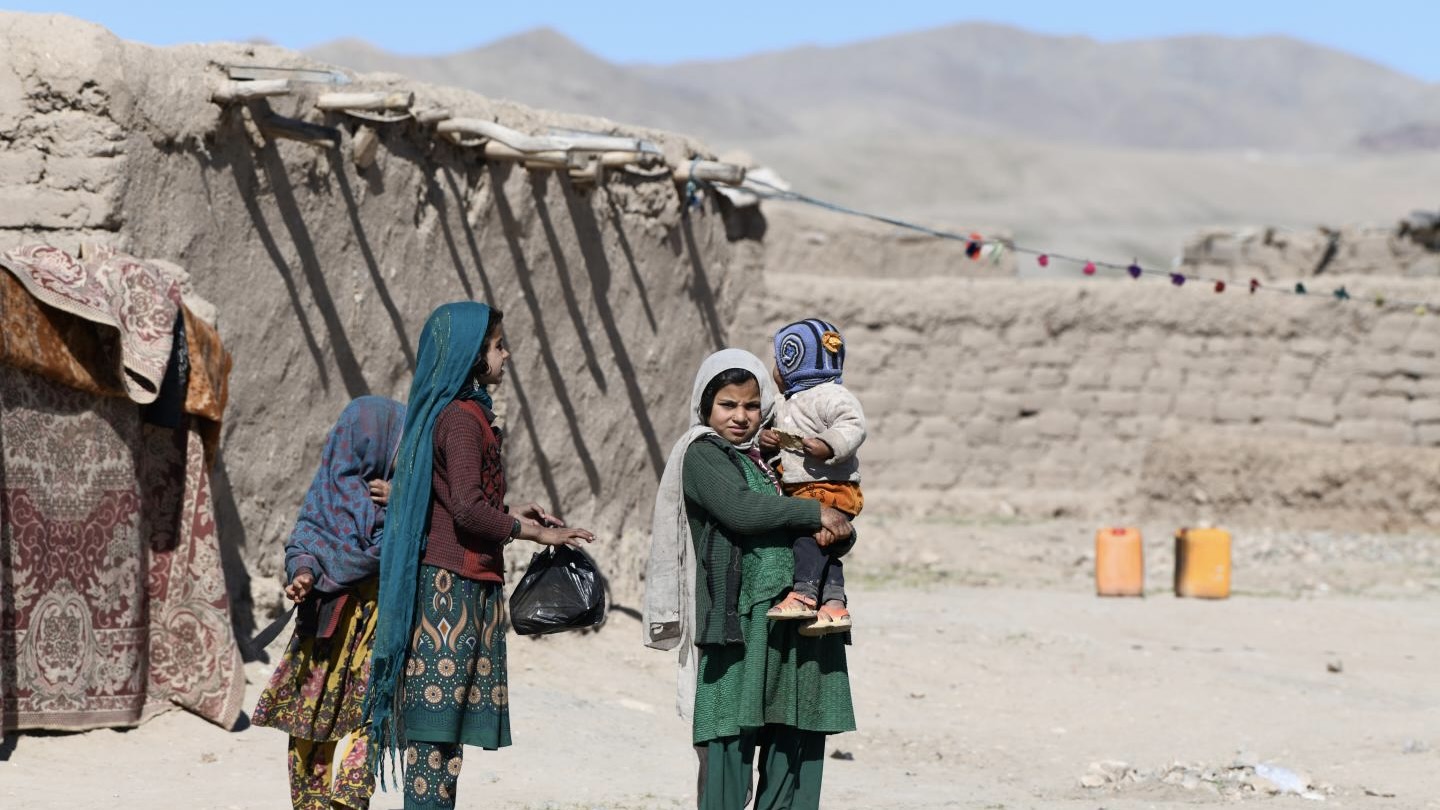
Yemen: civil society groups call for just peace
More than 40 Yemeni civil society organizations released a declaration on laying out a vision for how to achieve justice and reconciliation post-conflict. They highlight the importance of addressing past human rights violations to prevent future violence and call for accountability and reparations through a gender-equal and victim-centered process. The war, which started in 2014, has led to one of the world’s most acute crises, with more than 20 million people requiring humanitarian assistance and 80% of the population facing hunger. (Map via PCL)





